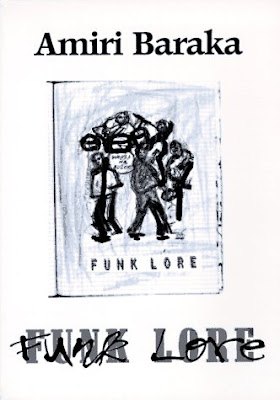KNEEL SAID THE NIGHT by MARGO BERDESHEVSKY
Reading by Eileen Tabios
KNEEL SAID THE NIGHT by Margo Berdeshevsky
(Sundress Publications, 2023)
“If ever I raised a daughter in this now—would I name her time bomb and wait?” That powerful line (reflecting the Zeitgeist from any time period in human history) from her poem “Stand,” emphasizes how Margo Berdeshevsky is a poet whose writings deserve attention. Reading her new book, KNEEL SAID THE NIGHT, made me recall a question I posed shortly after turning 60, “Does everything you write now inevitably become memoir?” Then I mocked myself, “But that’s always been the case, though perhaps you can’t know that without the aging that can’t be short-cutted…”
Margo’s book includes a powerful introduction, befitting her powerful poems and prose poems. She presents something I have never forgotten since I first read about them (and yet which I believe didn’t get enough attention from requisite authorities): the “prostitutes in woodlands of the Bois de Boulogne: young young young girls from the Eastern European borders brought when they were just old enough to menstruate, or not even. Now their Johns and their pimps have disappeared for fear of the great illness. Left them in tents hidden in the branches, girls still busy as hell opening their legs for men descending under cover of midnight. Some bring them bottles of whisky, the story says. Under the branches. Under the static of missing wings. And the coughing, infected girls are dying in the thickets one by one.”
The girls’ presence both grounds and clarifies the book’s concerns which include women’s lives and aging. As regards the latter, you turn 60 and life is different. Different again: “I was scraping my knees on the edges of my aging…” Okay, but what does 60 tell you? Among other things, it told Margo, “Learning something is the only existential reason I’ve ever found.”
The specifics in her poems are specifics from her life. But because she transformed words to poetry, the stranger-reader cares:
“At lunchtime women head for good or decent restaurants for different reasons, ways to partition the hours between chill and sun, hunger and wine, loneliness and solitude, art and mission, lassitude and a promise to move the flesh, to ignore the loosened muscles, the mirror of middle-aging with the memory of being a beauty, or not. They refuse to read the news. They—are their only news.”
The book contains much wisdom through a variety of examples. E.G. “Everybody wanted a world that would remember, and heal. But first you have to agree to do the soul’s work. An ex-priest told me that. Do your soul’s work. What am I, then, allowed to forget?”
Margo presents others’ wisdom as well with choice quotes that she makes her own:
When she raises her eyelids, it's as if she were taking off all her clothes.
—Colette
The streets were dark with something more than night
—Raymond Chandler
I am circling around God, around the ancient tower,
and I have been circling for a thousand years.
And I still don’t know if I am a falcon,
or a storm, or a great song.
—Rainer Maria Rilke, translated by Robert Bly
Her writings are also presented with resonant photographs and art that committedly collaborate with her words:
All in all, Margo’s poetic technique masters the edge before fraying begins to become unimpeded and disintegration takes over fate—note the “held back” breathlessness of caesuras in the title poem “Kneel Said the Night.” But all this made me glad when I came to read:
“I am still eager, I said.
I have questions. I have more than questions.”
I can only evoke rather than manifest the mercurial strength and yet radiant beauty of this collection. With this book, Margo Berdeshevsky is a poet who did exactly what was counseled in this chosen quote from another writer who knew how to fly—
Jump, and you will find out how to unfold your wings as you fall.
—Ray Bradbury
—which is to say (from her poem “Risk”), this poet “struck a match and kissed the blaze.”
TWO SAMPLE POEMS







Comments
Post a Comment